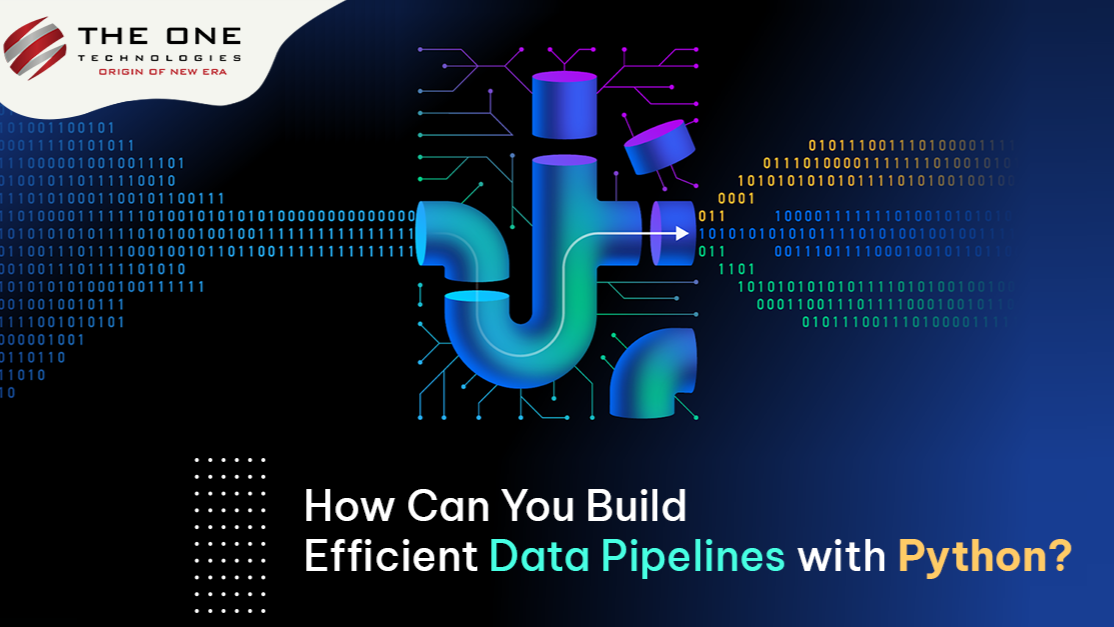
How Can You Build Efficient Data Pipelines with Python?
The One Technologies
Delivering Enterprise Web Apps & Software Solutions That Accelerate Your Business Growth
For vast volumes of data to be processed, transformed, and analyzed effectively, #datapipelines are essential. #Python provides strong capabilities for creating reliable and effective data pipelines thanks to its vibrant ecosystem of #libraries and #frameworks. Here's how to use Python to build data pipelines that optimize your #workflows with data.?
#1. Define the Pipeline Architecture?
Determining the architecture of your data pipeline is crucial before you start #coding. Understanding the data's source, the transformation logic, and the location where the processed data will be used or stored are all part of this. Typically, a data pipeline has multiple stages:?
?
#2. Use Python Libraries for Data Ingestion?
Python offers several libraries for #dataingestion. For example:?
?
#3. Implement Data Transformation with Pandas?
Once data is ingested, it often requires transformation. #Pandas is a powerful tool for this purpose. With Pandas, you can:?
领英推荐
?
#4. Utilize Workflow Orchestration Tools?
For managing complex pipelines with multiple stages, workflow orchestration tools are invaluable. Python offers several options:?
?
#5. Optimize Pipeline Performance?
#Efficiency is key in data pipelines. Here are some optimization techniques:?
?
#6. Monitor and Maintain Your Pipeline?
The creation of a data pipeline continues after #deployment. Maintaining the performance and dependability of the pipeline requires constant #monitoring. Although some tools, like Apache Airflow, come with built-in monitoring features, you can also set up your own custom alerting and logging systems.?
Conclusion?
Using the appropriate libraries for data processing and ingestion, coordinating workflows, and performance optimization are all necessary to build effective Python data pipelines. Python's wide ecosystem and best practices may be used to build data pipelines that efficiently manage massive amounts of data, offer insightful analysis, and facilitate data-driven decision-making. Its versatility and strength make it a great option for developing data pipelines, regardless of whether you are processing massive datasets in batches or real-time data streams.?
To ensure your data pipelines are both efficient and tailored to your specific needs, consider partnering with a Python development company. Their expertise can help you #design, #implement, and maintain robust data workflows that drive valuable insights and #businessgrowth.?
#DataAnalysis #MachineLearning #DataIntegration #DataManagement #DataProcessing #TechInnovation #PythonTips #CodingLife #Programming #TechTrends #PythonDevelopment?